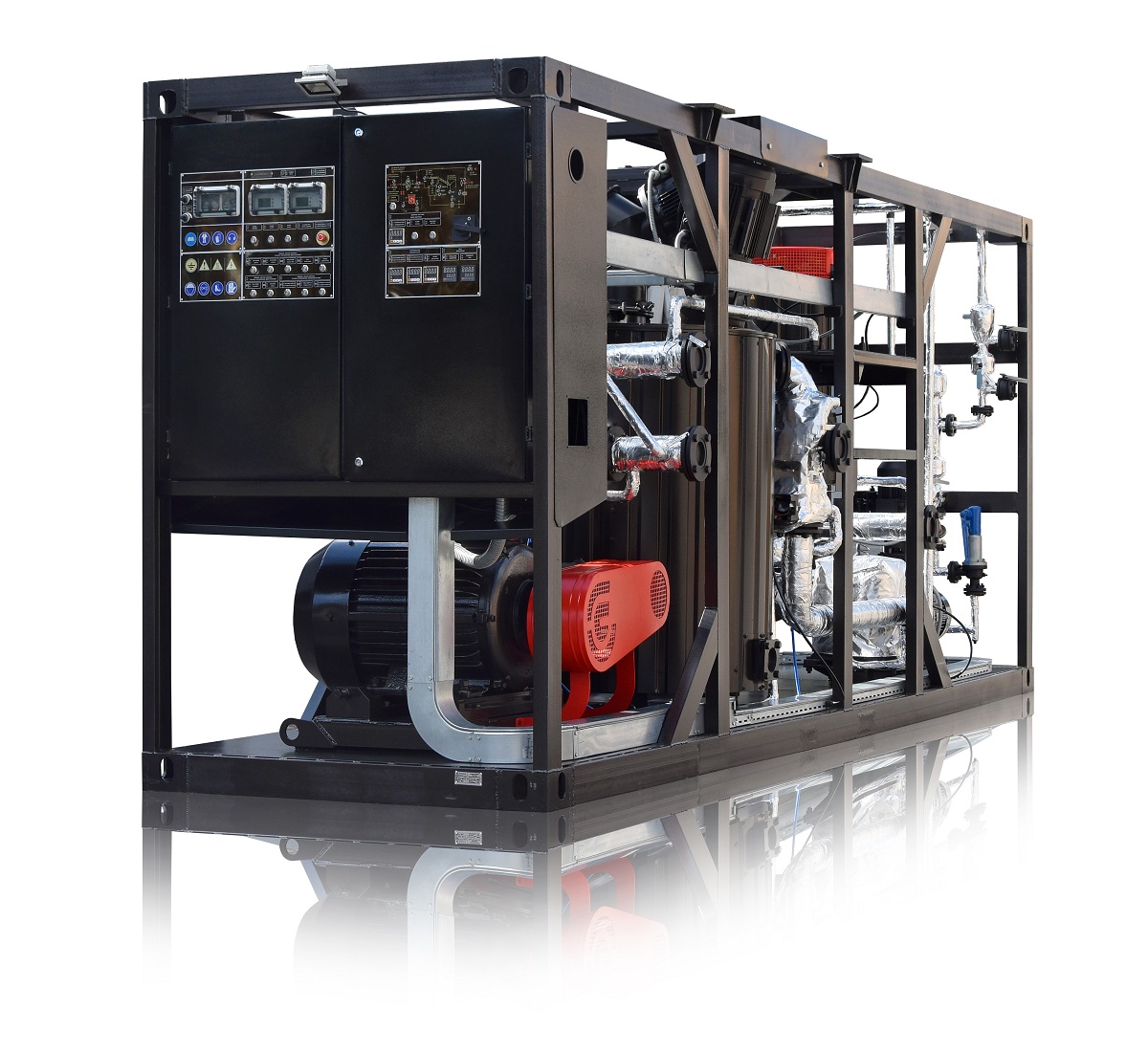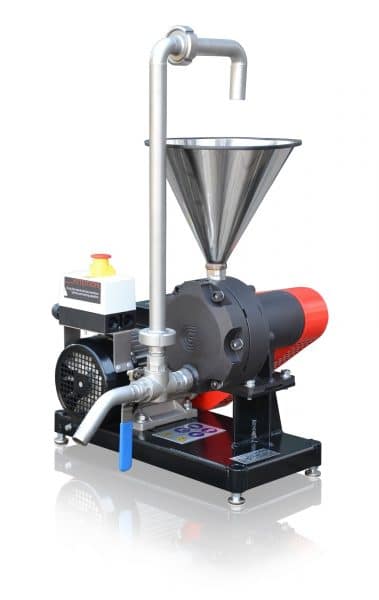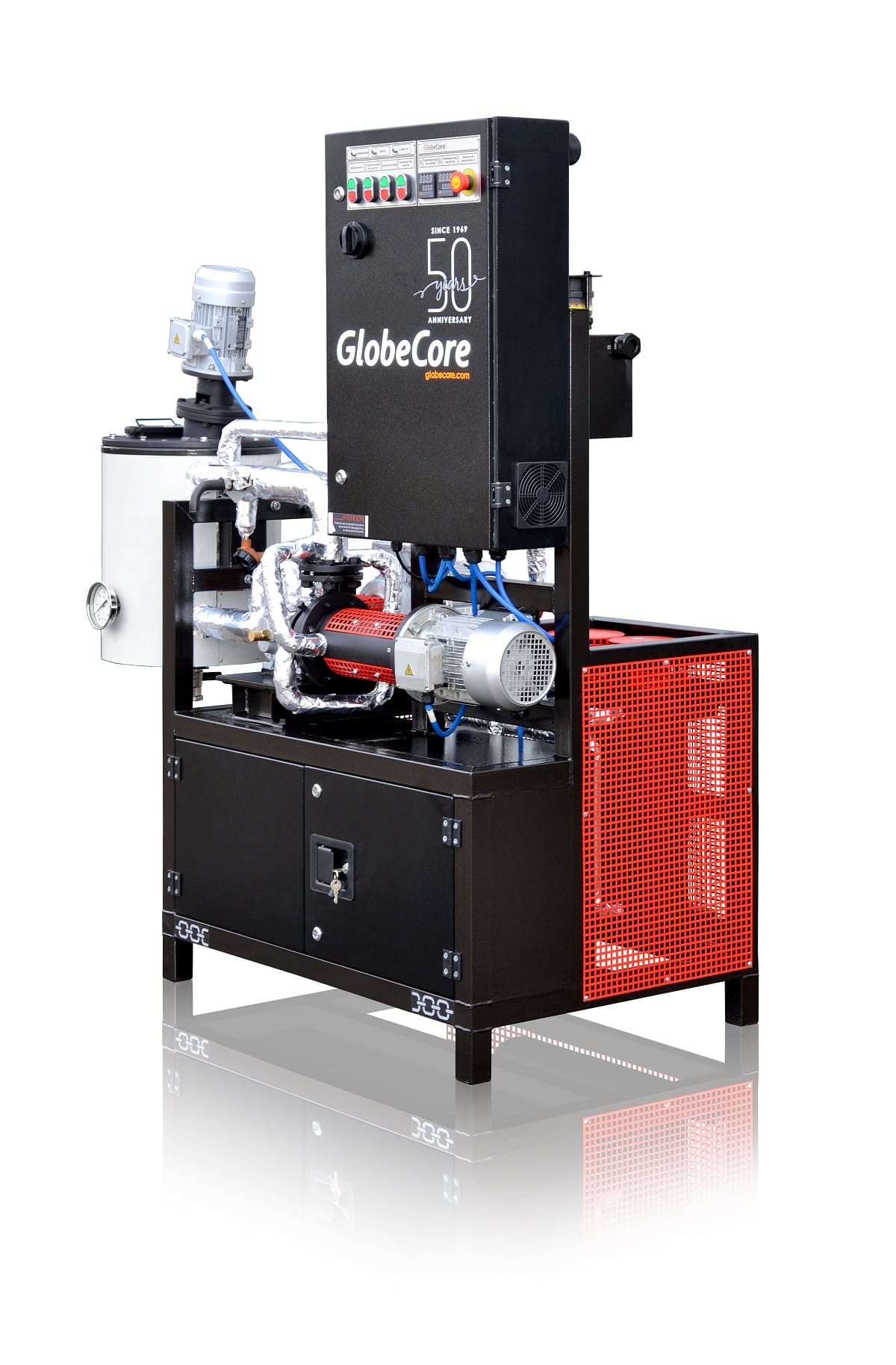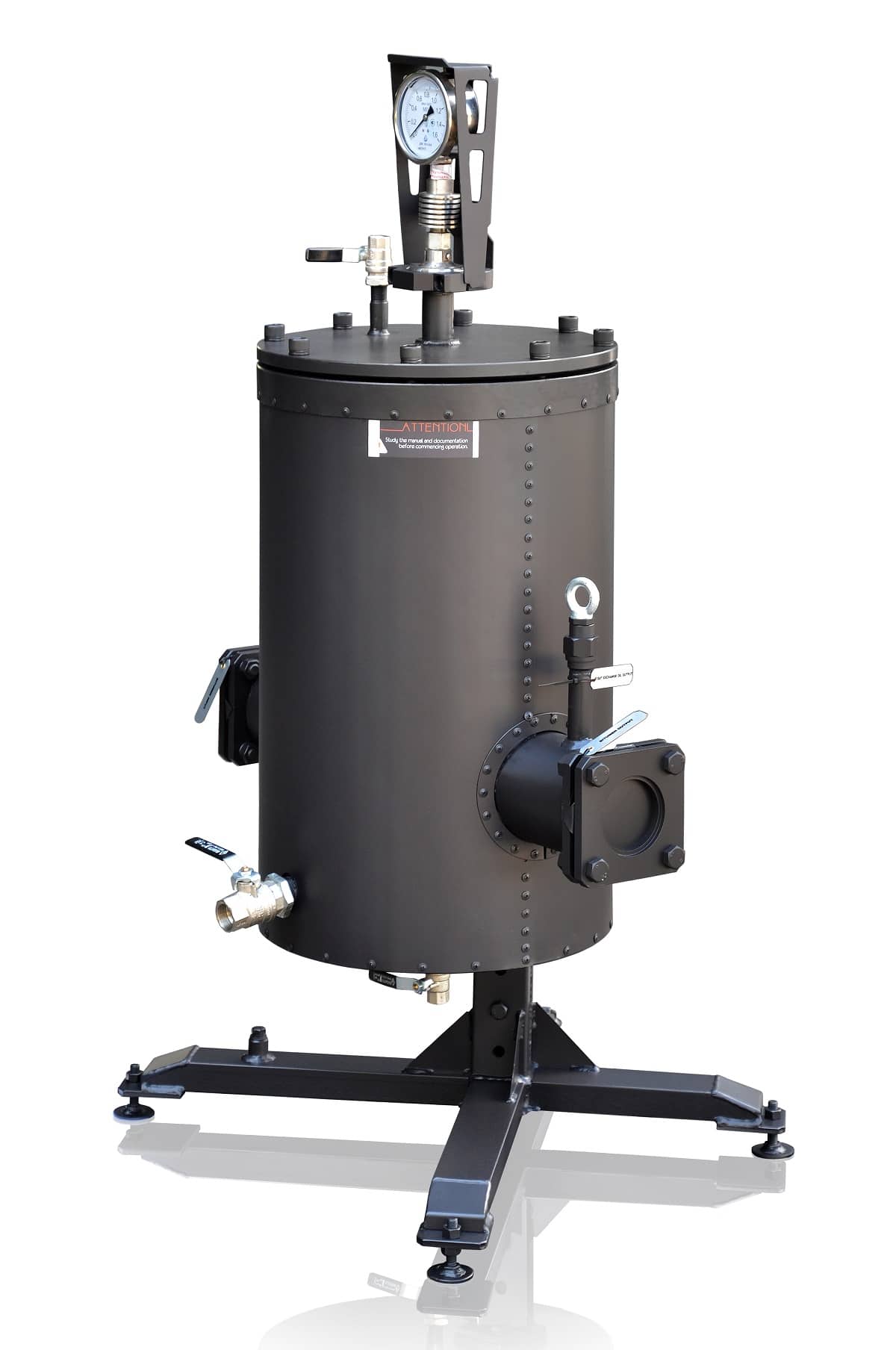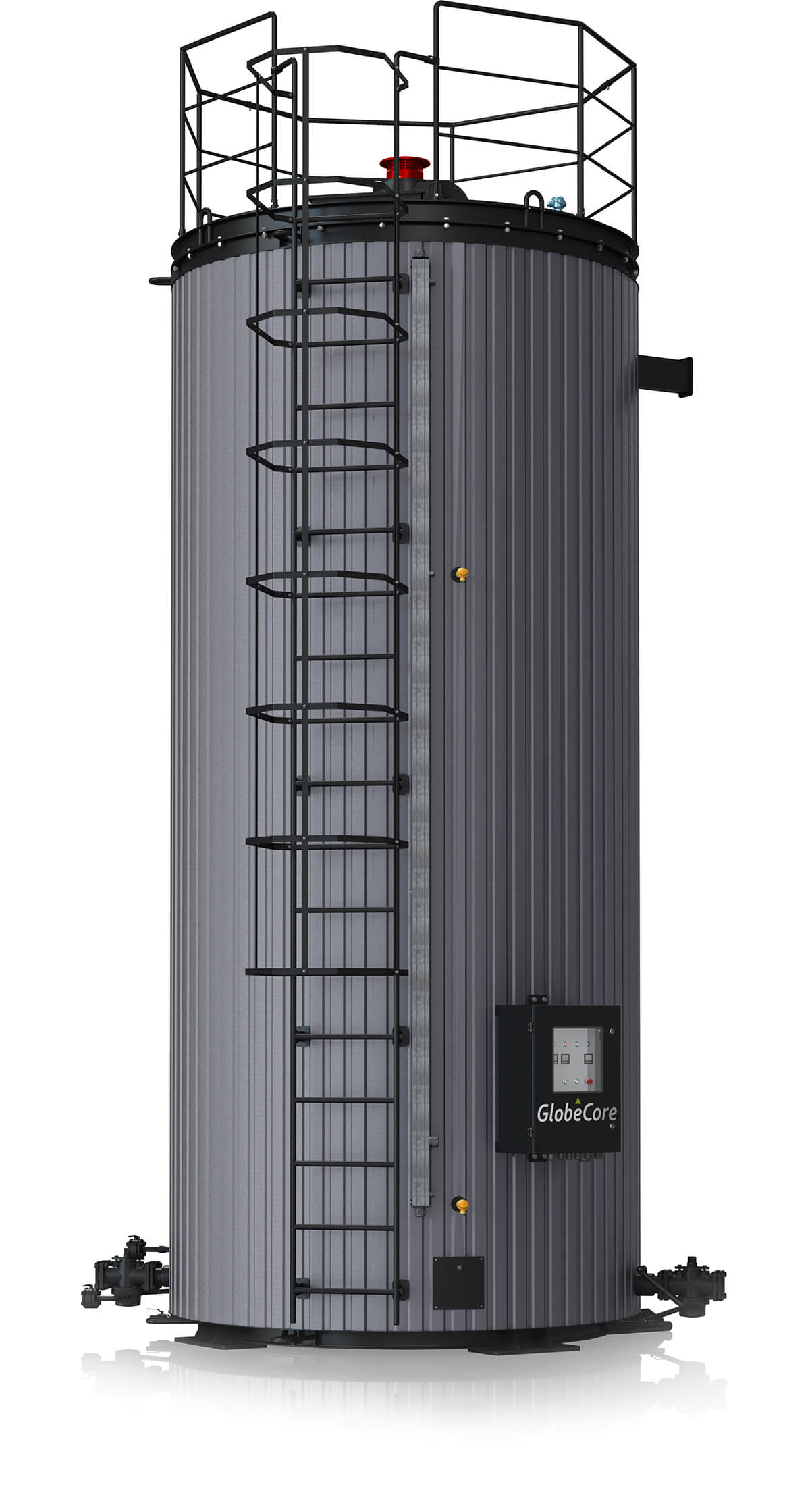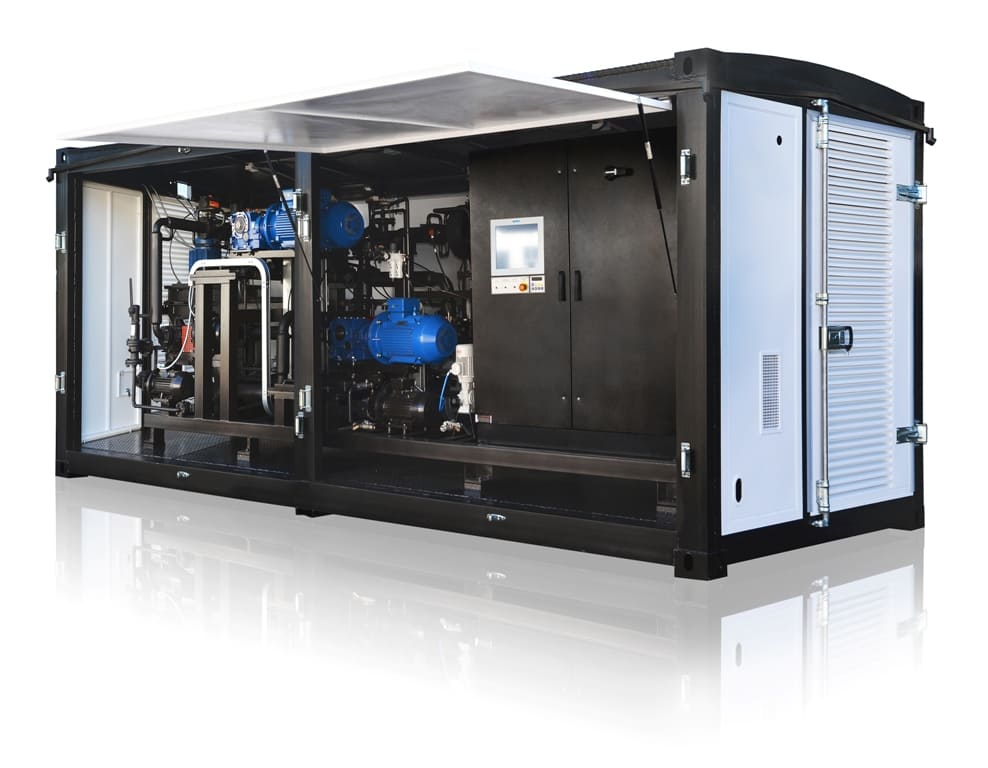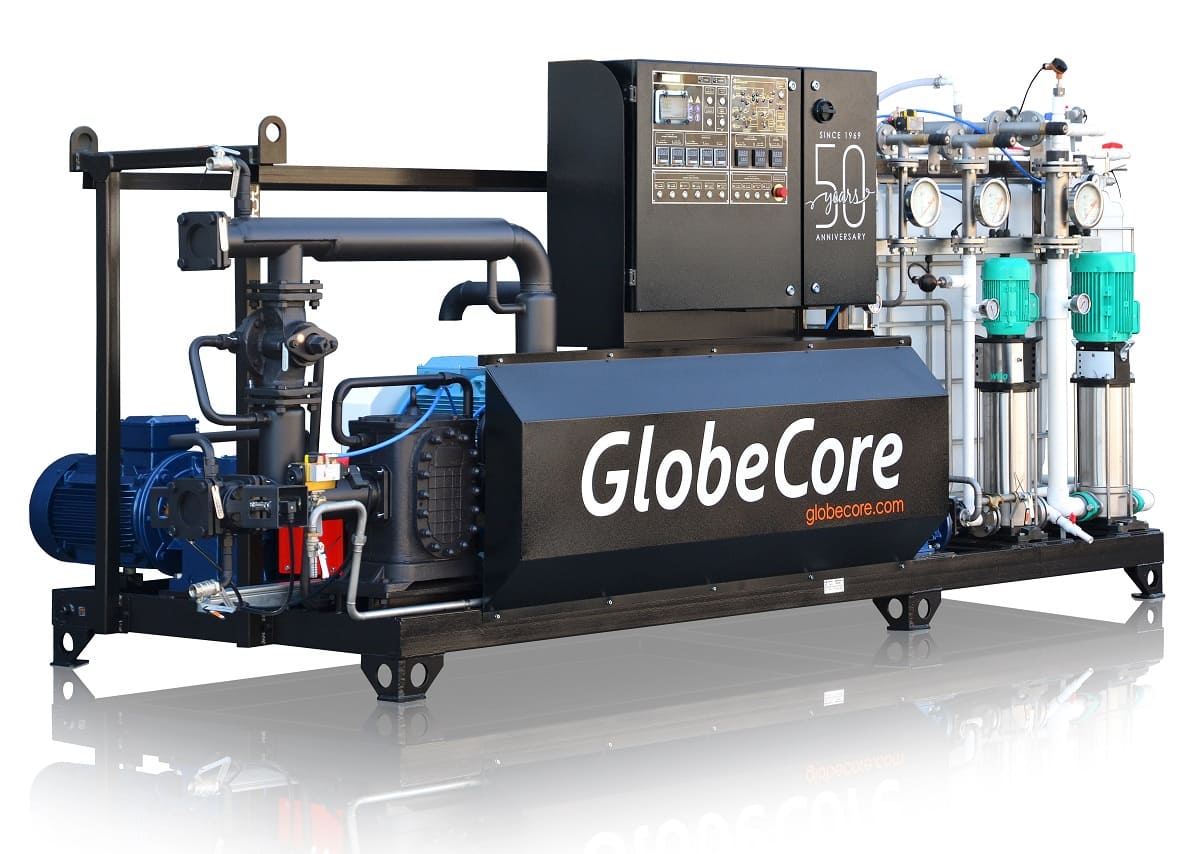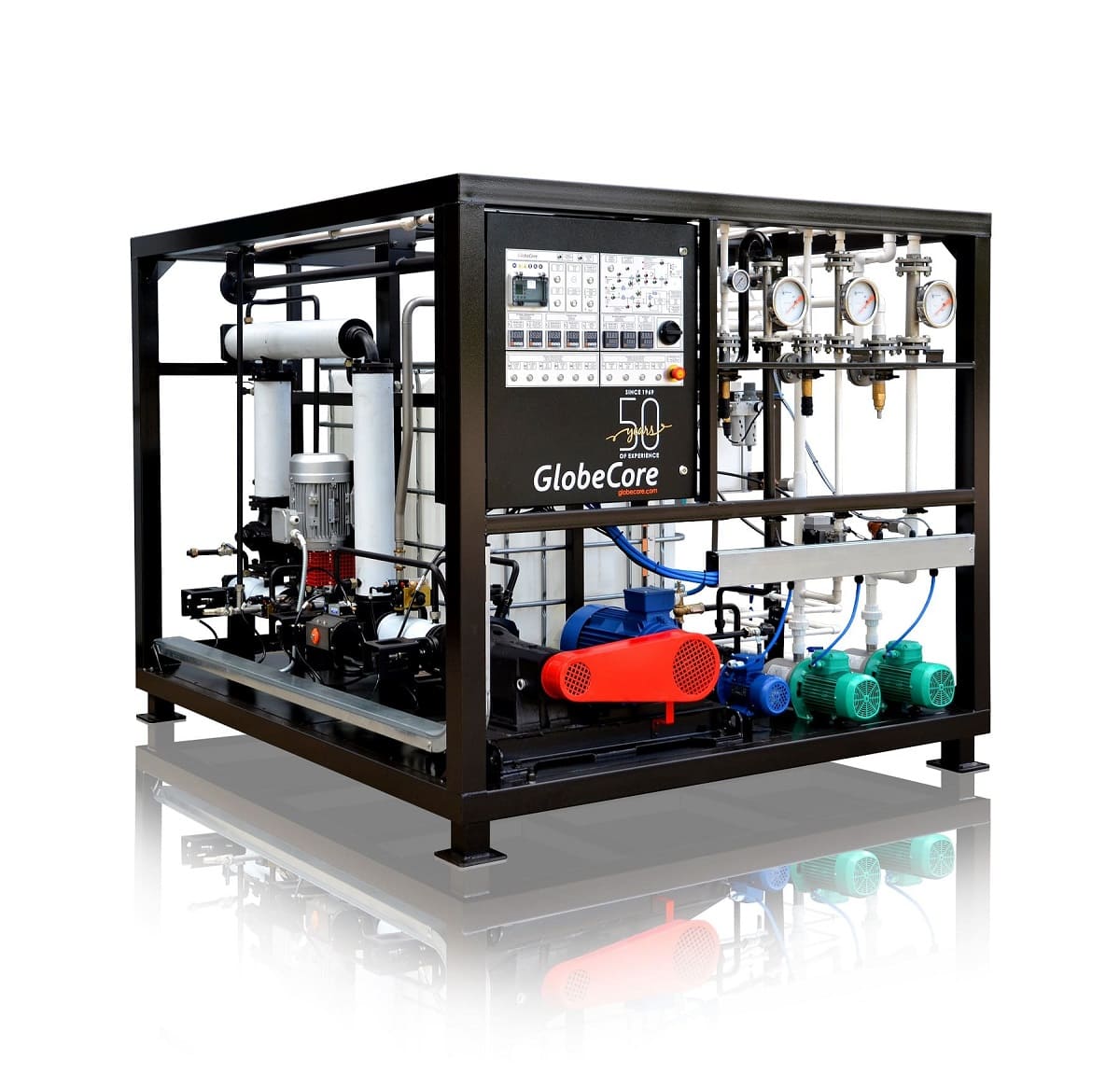Different types of bitumen emulsions are applied in different industrial processes. Some of the processes include:
- The priming of the old pavement before applying asphalt or concrete;
- To prepare cold asphalt mixes;
- To “surface treat” roadways;
- To provide thin protective coatings;
- For patching roads;
- For waterproofing building foundations and structures; and
- For installing and repairing soft roofs.
The main advantages of bitumen emulsions, in comparison with conventional bitumen (or resin), is its ability to be used during high humidity conditions, low ambient temperature conditions and that fact that it requires less bitumen consumption to complete the job. Due to the fact that bitumen emulsion has a significantly lower viscosity level, as compared with ordinary operating resin, roadwork heating of emulsions and mixtures can be eliminated.
Bitumen emulsion products allow for work to continue even during adverse weather conditions. On the other hand, the use of hot bitumen mixtures, even with the addition of surface-active additives, do not provide the required quality of work as with bitumen emulsion products. Due to the wide range of benefits, bitumen emulsion products are increasingly being used in the road construction and building construction industries.
The greater demand for bitumen emulsion products has in turn created a demand for equipment that can produce quality bitumen emulsion products. There is now a great need for the acquisition of systems that are capable of creating the right substance by mixing asphalt with water and various additives to form the bitumen emulsion products.
The GlobeCore USB-2 model is a modern machine that can produce bitumen emulsions for the road and building construction industries. It is a semi-automatic machine consisting of several independent parts mounted on the same frame. It includes an emulsifier and an aqueous phase block with complete device management controls. Production of bitumen emulsions is performed in two stages. An aqueous preparation phase and an emulsion preparation phase. The aqueous phase uses an emulsified aqueous solution to create an ionic emulsifier agent (acidic reagents for cationic emulsions and alkaline-for anionic) or other necessary components that improve the emulsion properties. The Aqueous phase block is equipped with a piping system with indicators for visual control of fluid flow, valves, measuring instruments, and shut off valves. The aqueous phase prepares the mixture in tanks in accordance with the desired emulsion recipe.
Adjustable settings include volume, temperature, pH level and the amount of the different ingredients. The mixture, that has been fully prepared in the aqueous phase, and hot bitumen are put into a colloid mill for mixing. If necessary, bitumen can be liquified and distributed by injecting a dilatant into the bitumen pipeline. Mixing during the aqueous phase and the diluent processes are carried out automatically with pumps that direct the mixture into corresponding piping for continuous production of bitumen emulsions. Vertical multistage pumps are installed to supply water to the blend. Dilatant feeding is performed by the use of a geared pump.
The moving/rotating components are regulated by rotameters with different ranges up to 10 m3/hr for water, up to 4m3/hr for blending and up to 0.25 m3/hr for diluent. Many world-renowned roads, civil, and industrial construction technologies use complex types of bitumen emulsions according to specific individual recipes. Based on world wide demand, there are now brand-new models and formulas to achieve an even greater effect in the use of bitumen emulsions. The best company to meet your road construction equipment needs is GlobeCore and its line of bitumen emulsion equipment.


